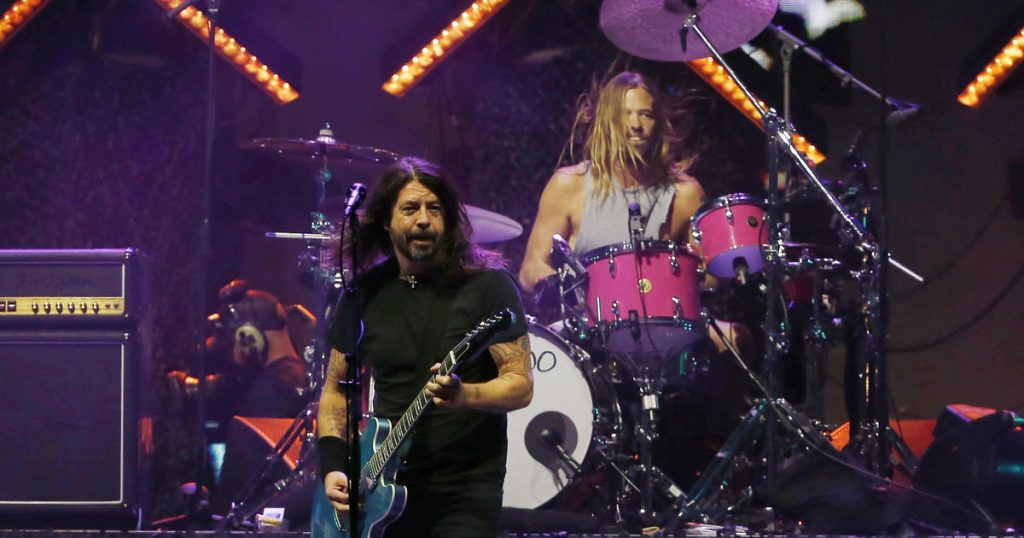Former President Donald Trump has once again come under fire for the unauthorized use of music, this time by the Foo Fighters. Trump played the band’s song “My Hero” at a rally in Arizona where former independent candidate Robert F. Kennedy Jr. endorsed him. The band’s spokesperson told CBS News that they were not asked for permission to use the song and would not have granted it. The band has decided to donate any royalties received from the Trump campaign’s use of the song to the campaign of Vice President Kamala Harris and Gov. Tim Walz. The band’s X account clarified that they did not allow Trump to use the song to welcome Kennedy on stage.
This incident is just the latest in which the Trump campaign has used music without permission. Earlier in the week, a Trump campaign spokesperson posted a video on X of the former president stepping off a plane while Beyonce’s “Freedom” played in the background, leading to a cease-and-desist notice from the singer’s record label and music producer. The Issac Hayes estate also threatened to sue Trump if his campaign continued to use the late soul singer’s song “Hold On, I’m Coming” at rallies without permission. Additionally, representatives for Celine Dion stated that the campaign’s use of her hit “My Heart Will Go On” at a recent rally was unauthorized.
The use of artists’ music without permission has been a recurring issue for the Trump campaign. In response to these incidents, artists and their representatives have taken action to protect their intellectual property rights. The Foo Fighters’ decision to donate royalties to Democrats is one example of how artists are responding to unauthorized use of their music. The Hayes estate demanding licensing fees and Dion’s representatives expressing disdain for the use of her song without permission showcases the importance of obtaining permission for the use of music in campaigns and events.
The unauthorized use of music in political campaigns raises important legal and ethical questions about intellectual property rights and artistic control. The Trump campaign’s repeated use of music without permission has sparked backlash from artists and their representatives who are seeking to protect their creative work. The response from the Foo Fighters, Beyonce, Issac Hayes estate, and Celine Dion exemplifies the power of artists in asserting their rights and taking action to prevent unauthorized use of their music.
Overall, the controversy surrounding the unauthorized use of music by the Trump campaign highlights the complexities of intellectual property rights in the music industry and the need for campaigns to obtain proper permission for the use of copyrighted material. Artists and their representatives play a crucial role in defending their creative work and ensuring that their music is not exploited without authorization. The response from the music industry to these incidents sends a clear message that artists are willing to take legal action to protect their intellectual property rights.


